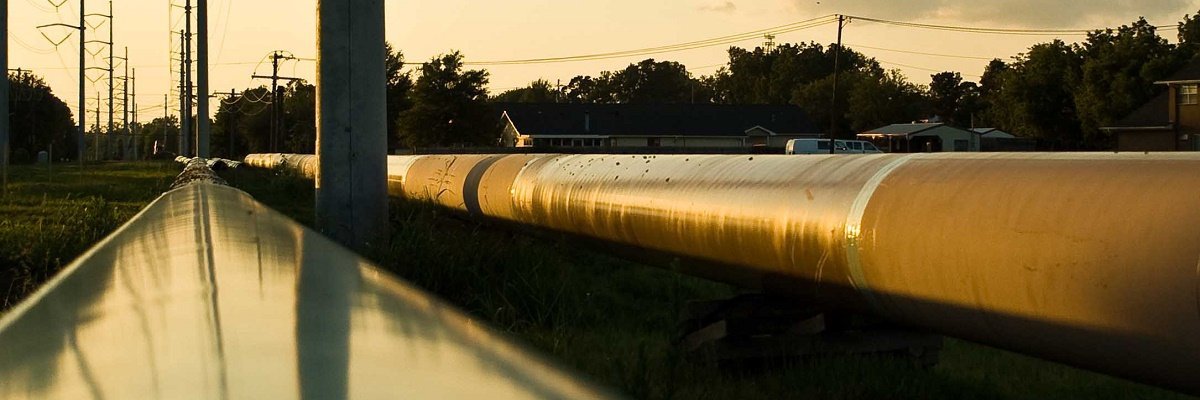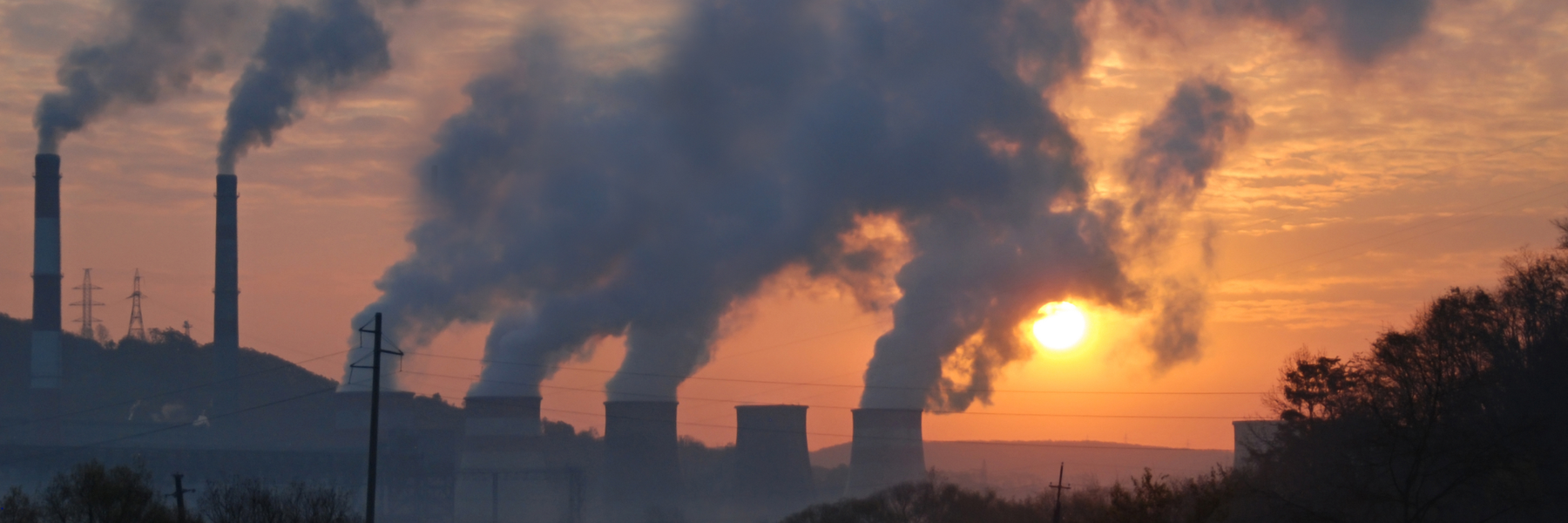The estimated $3.7 billion Dakota Access Pipeline has been a flashpoint at the intersection of concerns environmental, tribal, and corporate. Since April, members of the Standing Rock Sioux tribe have protested the development of the 1,168-mile pipeline in North Dakota, and despite a federal ruling allowing the construction to continue, the Departments of Justice, the Army, and the Interior have halted further building on federal land until further consideration can be given to the current permits. Meanwhile, protests and arrests continue.
The Dakota Pipeline is at the center of renewed efforts to improve communication between U.S. and tribal governments. This is just one instance of tribal pushback against energy infrastructure - construction and mining in other environmentally-fragile and protected areas have caused similar concerns but haven’t drawn the attention this particular bid has.
To help bolster this and future conversations, MuckRock would like to remind you of the ways public records can help shed light on pipeline plans near and far.
Eminent domain agreements
Whenever the government attempts to seize land as part of eminent domain, there are materials generated to facilitate the seizure: financial offers, rationals, letters, etc. Records on land subject to eminent domain are typically public.
Environmental Impact Statements
Major construction typically requires an environmental impact statement. However, these may not be up-to-date or sufficient to the situation. Find out by asking for the NEPA documents associated with a project near you.
Arrest reports
Incident and arrest reports are often public information. Read the account of the arrest from the police perspective.
Contracts, payments, communications
Agreements that local government enter into and payments that they make should all be public information. Have they traded words with the company in question? That should be public too.
Policies
Plans and policies that law enforcement has for dealing with protesters and security should generally be made available. Curious about what military-grade weapons the department has? That should be public. Curious about what prep the department is making? That should be too. Want to know the rules on cops moonlighting as private security? Just ask. But be ready for some pushback.
Have other ideas for how public records can help? Let us know at info@muckrock.com.




